Use of Coconut Oil as Dietary supplement to promote growth and improve health of cultured saline-tolerant strain of Oreochromis niloticus
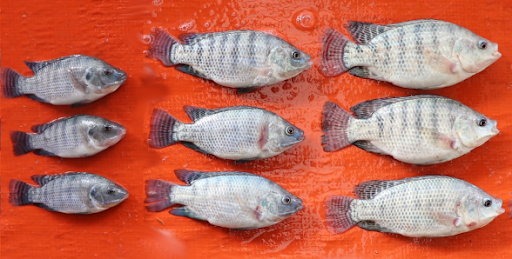
The University of the Philippines through the leadership of Dr. Carmello del …

The University of the Philippines through the leadership of Dr. Carmello del …
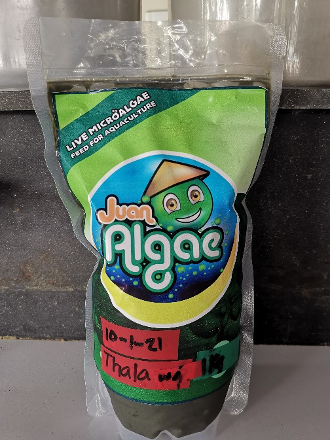
The University of the Philippines through the leadership of Prof. Fredson …

To facilitate the filling of IP protection …
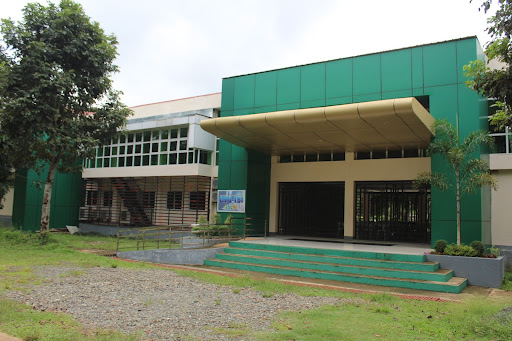
The Central Mindanao University is one of the leading universities in …

Far Infra Red Drying System …
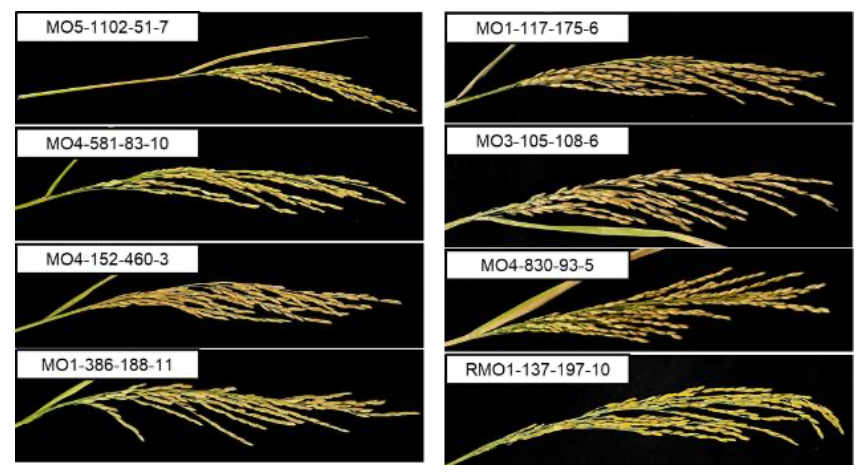
Ongoing projects under the Rice ISP include the development …
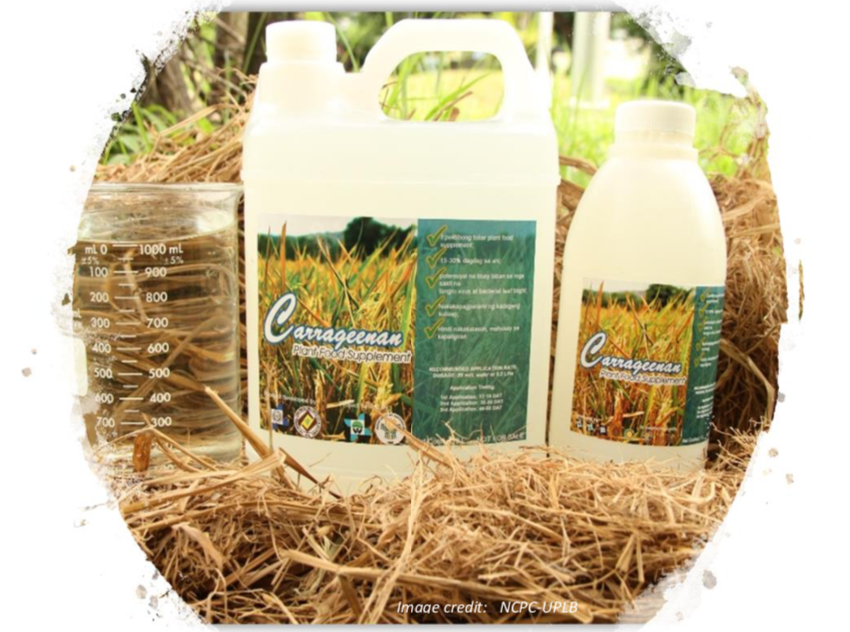
The Carrageenan Plant Growth Promoter (PGP) is a plant …
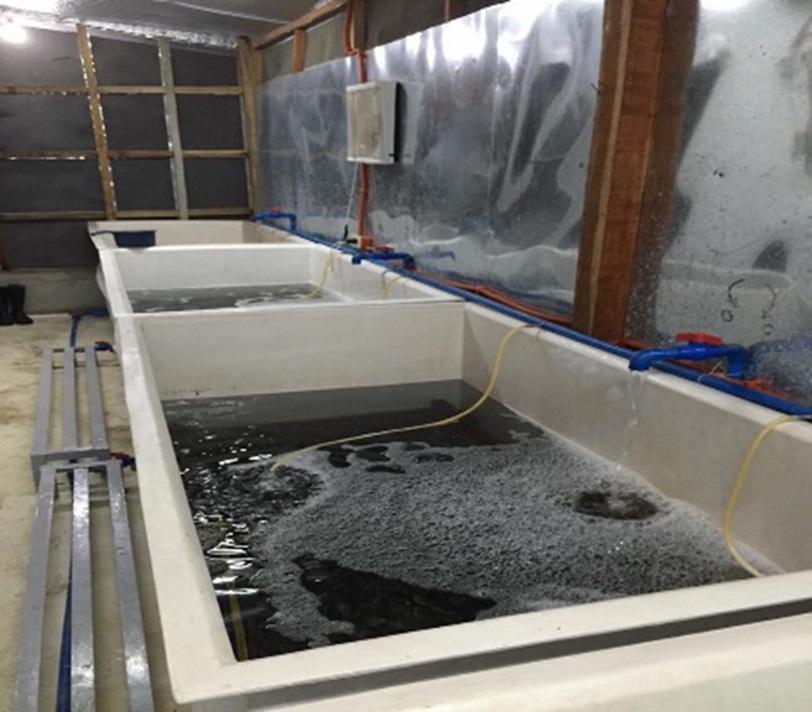
Pre-processing is necessary to bring quality and safe mussels …

Mussel Longline Technology is an alternative to stake method in culturing …